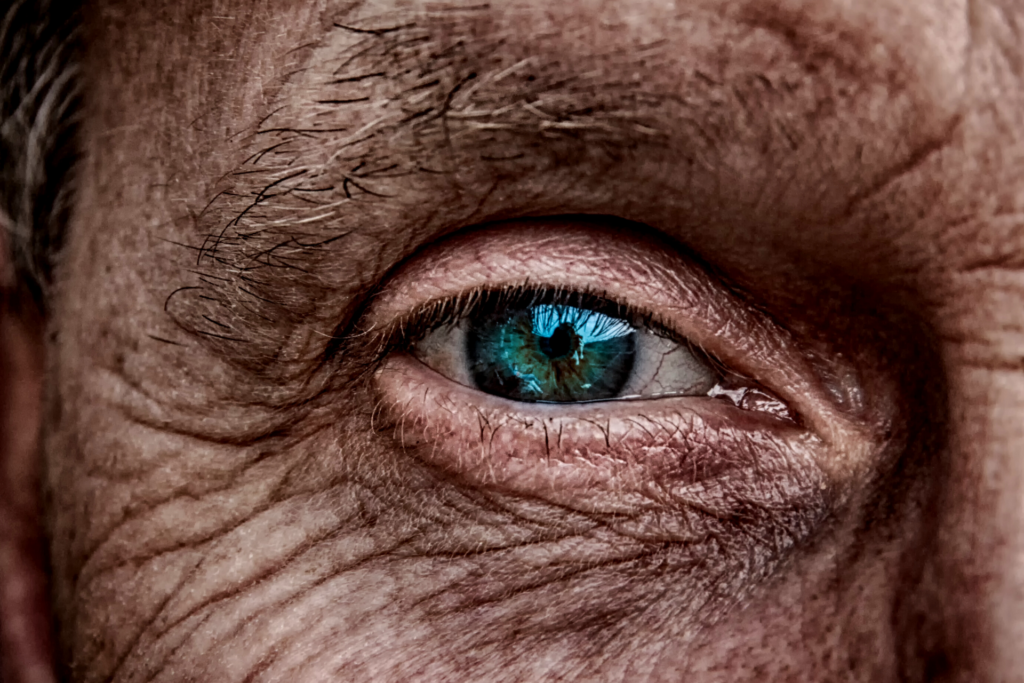In times like we’re in today, when corrupt men are increasingly becoming the source of many of the political, social, racial, and sexual injustices our society faces, the world can’t help but wonder: What does it mean to be a man? A real man?
Let’s be honest, men don’t always get the best reputation. Throughout history, men have been both significant contributors and significant detractors of goodness in the world. Unfortunately, it tends to be the detrimental impact that the world remembers when we think about the legacy of men as a whole.
That’s why today our culture has developed the concept of toxic masculinity. The world has seen the ugly side of men too many times, and the perception of men has become negative in a lot of ways.
But aside from the negative aspects, what does it really mean to be a man? Is toxic masculinity an accurate representation of men or is there something more to manhood that the world is missing?
What is Toxic Masculinity?
Toxic masculinity is characterized by excessive aggression and egotism driven mostly by insecurity. The men who contribute to the perception of toxic masculinity in our culture tend to be the men who are the most wounded.
Unfortunately, all too often, men have been taught that the way to deal with their wounds is to overpower them. Of course, no man is powerful enough to overcome his own wounds with sheer brute strength, so those men end up looking to other places for comfort. And that comfort typically comes by way of control and anger which come out as excessive aggressiveness and egotism.
What the world knows as toxic masculinity is actually broken masculinity. And in that sense, it absolutely is toxic.
The effects of toxicity in modern manhood are all around us. Studies have found that poverty, teen pregnancy, prison, and everything negative in-between are linked to the absence of a father in the home. This gap in fatherhood is caused by broken men with toxic approaches to masculinity, and the brokenness around us in every area of our lives is a ripple effect of that misconstrued masculinity.
But what does real manhood look like? How can we overcome toxic masculinity in our culture and get back to a truer picture of what manhood should be?
Here are three characteristics of a real man:
4 Attributes of What It Means to Be a Man
#1: A real man shows honor
In our culture, it’s become common for men to bow up at the first sign of competition. Anytime a man sees something or someone that could potentially challenge his ego, which, again, is typically broken from wounds in his past, then his quick solution is often to speak ill of the perceived threat.
This could be a wife or a coworker or simply a waiter or waitress at a restaurant. Regardless of the situation, the toxic version of manhood that caters to a man’s brokenness says that if someone challenges your comfort or standing as a dominant figure, then you should speak to them and treat them as if they’re less than you.
But true manhood does just the opposite. True manhood speaks well of others and seeks to build other people up rather than to tear them down for their own sense of security. To be a man means to put aside your desire to feel superior and move to the forefront the needs of the other person you were talking about. True men have an understanding that they don’t lack anything therefore they don’t need to tear someone else down in order to gain some sort of perceived advantage. True manhood is secure enough to speak well of others without fear of detracting from their own standing.
Which leads to the next point…
#2: A real man selflessly serves others
Toxic masculinity is really rooted in a selfish mindset. What broken and wounded men tend to do is focus on trying to self medicate by hyper focusing on themselves. When they do that, all of their decisions and actions filter through their primary desire to serve themselves, and that usually comes at the detriment of those around them. This is why fathers abandon families and check out on them emotionally.
But a true man knows that his role first and foremost is to serve other people. The biblical narrative of creation tells us that women, and therefore every child that came after words, were taken out of the man. The general idea is that men exist to fuel and feed and build up the communities around them, starting with their wives and their children. Men were never intended to live selfish lives. In fact, it’s just the opposite. Men were always intended to be the servant leaders of the world. But they can only do that from a healthy place.
Which leads to the next point…
#3: A real man is courageous
Too often, toxic masculinity convinces men that they only have to deal with what they want to deal with. If a situation is physically or emotionally uncomfortable, then they think they can run away from it, often in pursuit of something they deem to be more worth their time.
But a true man knows that the only way to be healthy and have a positive impact men are designed to have is to face the things that scare them, which includes first and foremost their uncomfortable emotions and wounds from their past. A true man isn’t afraid to confront his emotions and to seek help from the things he can’t overcome. A toxic man will hide and run from his emotions instead of learning to manage them.
This is the essence of courage: to feel a directional pour towards something that isn’t exciting or fun but that you know contributes to the greater good that you can impact then press on towards that discomfort in full faith that doing so will create and provide a better future for those around you.
It isn’t always comfortable and it isn’t always fun, but the alternative to a courageous man is a man who constantly seeks pleasure and avoids discomfort. That kind of man bottles up his anger until it overflows on those around him because it’s uncomfortable to address it in the first place. That kind of man seeks alcohol and pornography as an outlet for the pain and hopelessness he feels rather than doing the deep work of spiritually and emotionally healing.
#4: A real man is imperfect
This might be the most important point of all. One of the biggest contributors to toxic masculinity is the intolerance of imperfection among men. Men often grow up hearing that they should cover up imperfection. When they’re hurt, they’re told to not cry. When they’re weak, they’re told to be strong. When they’re struggling, they’re told to suck it up.
While strength and fortitude is certainly an attribute of true manhood, the source of that strength is not an intolerance for weakness. Imperfection should instead be a mark of a true man. Because every man is flawed and therefore every man is imperfect. That should be the norm when it comes to assessing a man’s character. An imperfect man shouldn’t be a rare man. When we build men up to be platforms of perfection, we set them up for failure. There’s a level of grace that is extended to others that isn’t typically extended to men. And men don’t extend it to themselves either.
But a true man is a grace-filled man. One who is well acquainted with his own flaws and gives himself room to grow within those. A true man isn’t afraid to talk about his failures and where he’s growing. That doesn’t mean he celebrates his downfalls, but he certainly should be in the mindset to celebrate his opportunities for growth.
This is a picture of what true manhood should look like.
Men should be vulnerable and open and compassionate and loving. That’s true manhood.
Yes, manhood involves being strong, but a man’s strength should come from his weakness because a true man lets his weakness drive him to become something better rather than avoiding his weakness in order to only play to strengths.
Those types of men are not only toxic, they’re dangerous. They’re dangerous because they’re only in pursuit of what makes them feel good which leads them to destroy everything around them.
But a true man faces discomfort for the sake of betterment for those around him. That’s a real man.



